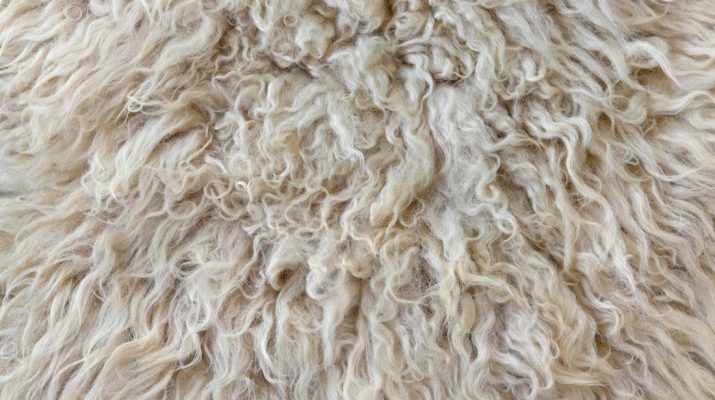VICTORIAN wool industry groups support proposed changes to state legislation that will require farmers to administer mandatory pain relief when mulesing sheep.
The move has been backed by the Victorian Farmers Federation livestock group working in partnership with the Victorian government to improve animal welfare standards.
It means Victoria will become the first Australian state to mandate pain relief under a review of the state’s Prevention of Cruelty to Animals Act.
The draft regulation has been released for public consultation and is set to become effective in December.
Wool Producers Australia vice-president and farmer Steve Harrison, who runs 5000 sheep on his Giffard West property, estimated 99 per cent of Victorian sheep farmers already used analgesics.
“Farmers are always interested in having the best welfare outcomes. It’s a no-brainer for people to do it. There is no financial impact … it’s a miniscule cost for a huge reward,” Mr Harrison said.
Mr Harrison said about 40 per cent of wool growers were not mulesing due to breeding wrinkle-free sheep around their breech area – an increase from 10 per cent a decade ago due to changing genetic programs.
VFF livestock group president Leonard Vallance said the practice remained the most effective method for controlling breech flystrike which is a ainful and fatal affliction for sheep.
Mr Vallance said the livestock council unanimously supported the decision for mandatory pain relief with positive feedback from members, farmers and industry commentators.
“The development of the new regulation is an example of a productive relationship between industry and government to provide confidence in our
industry and how we care for our animals,” Mr Vallance said.

